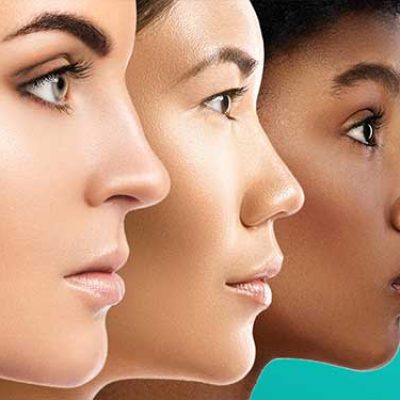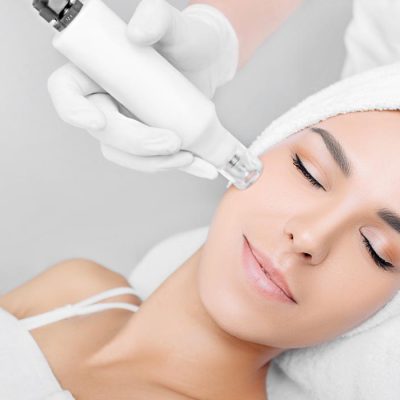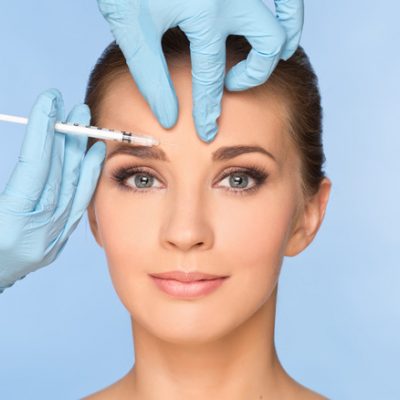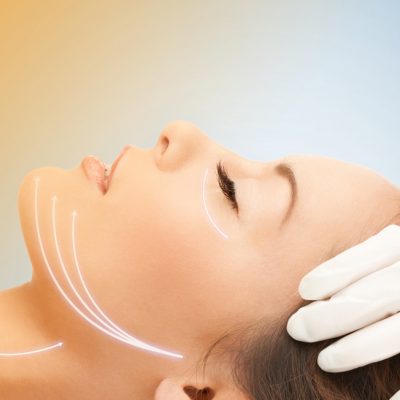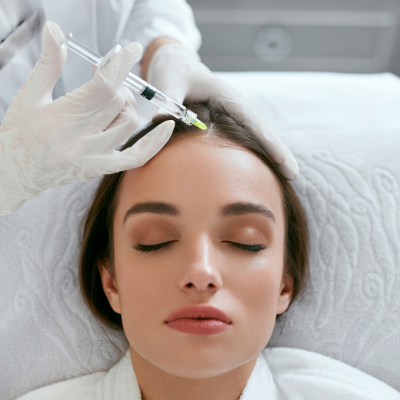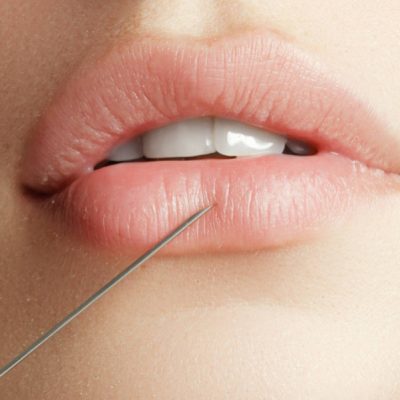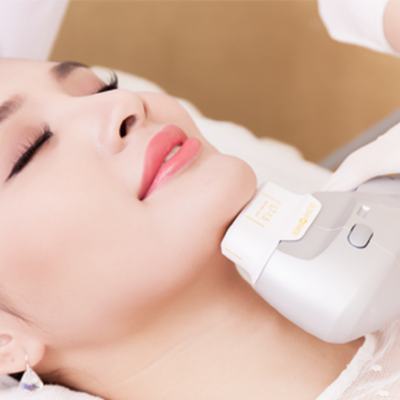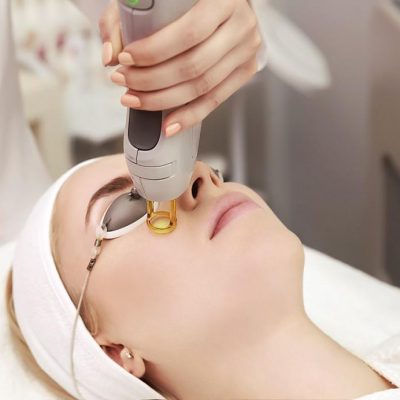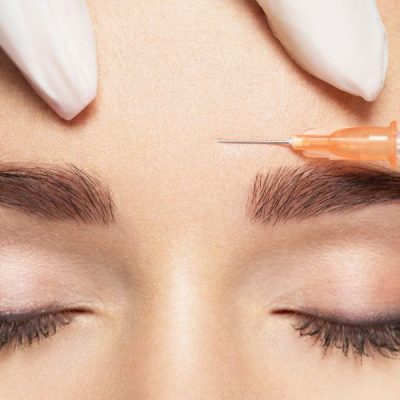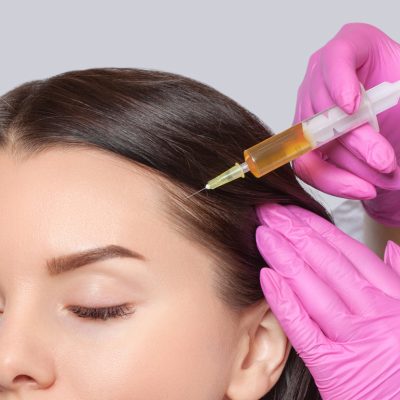Anti aging effects refer to the various measures and strategies aimed at slowing down or reversing the signs of aging, both internally and externally. While the concept of completely stopping or reversing aging is currently beyond our reach, there are several approaches that can have beneficial effects on overall health and well-being, potentially slowing down the aging process and reducing the visible signs of aging. Here are some commonly discussed anti aging effects and strategies:
Facial Treatment Dubai | hydrafacial dubai
- Skincare: Proper skincare can help maintain a youthful appearance by protecting the skin from damage and promoting its health. This includes regular cleansing, moisturizing, and using sunscreen to protect against harmful UV radiation.
- Healthy diet: Consuming a balanced diet rich in fruits, vegetables, whole grains, lean proteins, and healthy fats can provide essential nutrients and antioxidants that support overall health and may help slow down cellular aging.
- Regular exercise: Engaging in regular physical activity has numerous health benefits, including improved cardiovascular health, muscle strength, and flexibility. Exercise promotes circulation, boosts metabolism, and helps maintain a healthy weight, potentially slowing down the aging process.
- Stress management: Chronic stress can accelerate the aging process. Implementing stress management techniques such as meditation, deep breathing exercises, yoga, or engaging in hobbies can help reduce stress levels and promote overall well-being.
- Adequate sleep: Getting sufficient and quality sleep is crucial for overall health and rejuvenation. During sleep, the body repairs and regenerates cells, including the skin. Lack of sleep can accelerate aging and lead to various health issues.
- Avoidance of harmful habits: Habits such as smoking, excessive alcohol consumption, and prolonged sun exposure can contribute to premature aging and damage to the skin and overall health. Avoiding or minimizing these habits can have positive effects on aging.
- Antioxidant-rich supplements: Certain supplements, such as vitamins C and E, coenzyme Q10, resveratrol, and others, are believed to have antioxidant properties that can help protect cells from damage caused by free radicals, potentially slowing down the aging process.
It’s important to note that while these strategies may have positive effects on aging, the process of aging is complex and influenced by various genetic, lifestyle, and environmental factors. It’s always best to consult with healthcare professionals for personalized advice and guidance on anti-aging strategies.
Table of Contents
benefits of Anti aging effects
The benefits of anti aging effects can be both physical and psychological. Here are some potential benefits:
- Reduced appearance of wrinkles and fine lines: Anti-aging strategies, such as skincare routines, can help minimize the visible signs of aging, such as wrinkles, fine lines, and age spots. This can contribute to a more youthful and rejuvenated appearance.
- Improved skin health: Anti-aging practices, including proper skincare, can enhance the overall health and vitality of the skin. This may result in improved texture, elasticity, and complexion, giving the skin a more radiant and youthful glow.
- Increased energy and vitality: Adopting a healthy lifestyle, including regular exercise and a balanced diet, can boost energy levels and overall vitality. This can make you feel more youthful and active, enabling you to engage in physical activities with greater ease.
- Enhanced cognitive function: Some anti-aging strategies, such as regular exercise, healthy eating, and stress management, can have positive effects on brain health and cognitive function. This may include improved memory, focus, and mental clarity, which can contribute to a more youthful and vibrant mind.
- Better overall health: Many anti-aging practices, such as maintaining a healthy diet, exercising regularly, and managing stress, can have a positive impact on overall health. These practices can lower the risk of age-related diseases, such as cardiovascular issues, diabetes, and certain cancers, promoting longevity and a higher quality of life.
- Boosted self-confidence: When you feel and look your best, it can have a positive effect on your self-confidence and self-esteem. Taking care of your skin, body, and overall well-being through anti-aging strategies can help you feel more confident and comfortable in your own skin.
- Delayed onset of age-related ailments: While aging is a natural process, certain anti-aging practices can potentially delay or reduce the onset of age-related ailments. By adopting a healthy lifestyle and engaging in preventive measures, you may be able to maintain better overall health for a longer period.
It’s important to note that the effectiveness of anti-aging strategies can vary from person to person, and no approach can completely halt or reverse the aging process. However, by incorporating these practices into your lifestyle, you can potentially experience these benefits and improve your overall well-being as you age.
potent anti aging effects
There are several approaches that are often considered to have potent anti aging effects. While it’s important to note that the effectiveness of these approaches can vary among individuals, here are some strategies that are commonly discussed for their potential anti aging effects:
- Retinoids: Retinoids are a class of compounds derived from vitamin A that have been extensively studied and shown to have powerful anti-aging effects. They can help reduce the appearance of wrinkles, improve skin texture, stimulate collagen production, and promote skin cell turnover.
- Peptides: Peptides are short chains of amino acids that can penetrate the skin and help stimulate collagen production. Collagen is a protein that provides structure and elasticity to the skin. By promoting collagen synthesis, peptides can help reduce the appearance of wrinkles and improve skin firmness.
- Growth factors: Growth factors are naturally occurring proteins that regulate cell growth and repair processes. They can help stimulate collagen production, enhance skin elasticity, and improve the overall texture and appearance of the skin.
- Antioxidants: Antioxidants, such as vitamins C and E, help protect cells from damage caused by free radicals, which are unstable molecules that can accelerate the aging process. By neutralizing free radicals, antioxidants can help reduce oxidative stress and minimize the signs of aging.
- Hyaluronic acid: Hyaluronic acid is a naturally occurring substance in the skin that helps retain moisture and maintain skin hydration. As we age, the production of hyaluronic acid decreases, leading to the loss of moisture and skin elasticity. Topical application of hyaluronic acid can help hydrate the skin, reduce the appearance of fine lines and wrinkles, and improve skin texture.
- Sunscreen: Protection from harmful UV radiation is crucial for maintaining youthful-looking skin. Regular use of broad-spectrum sunscreen with a high SPF can help prevent photoaging, sunburns, and skin damage caused by prolonged sun exposure.
- Caloric restriction: Some studies suggest that reducing calorie intake without malnutrition, known as caloric restriction, may have anti-aging effects. Caloric restriction has been shown to improve markers of aging and increase lifespan in certain organisms. However, further research is needed to determine its effects in humans.
- Hormone replacement therapy: Hormone levels decline as we age, which can contribute to various signs of aging. Hormone replacement therapy (HRT), under the guidance of a healthcare professional, may be used to supplement hormones such as estrogen or testosterone and potentially alleviate certain age-related symptoms.
It’s important to note that the effectiveness and safety of these approaches can vary, and it’s advisable to consult with healthcare professionals or dermatologists for personalized advice and guidance before incorporating any anti aging strategies or products into your routine.
antioxidant anti aging effects
Antioxidants play a significant role in anti aging effects due to their ability to neutralize harmful free radicals in the body. Free radicals are unstable molecules that can damage cells and contribute to the aging process. Antioxidants work by donating an electron to stabilize free radicals, thus preventing or minimizing their damaging effects. Here are some ways in which antioxidants can have anti aging effects:
- Reduced oxidative stress: Oxidative stress occurs when there is an imbalance between the production of free radicals and the body’s ability to neutralize them with antioxidants. Excessive oxidative stress can damage cells, DNA, proteins, and lipids, leading to accelerated aging. Antioxidants help counteract oxidative stress by neutralizing free radicals, reducing cellular damage, and potentially slowing down the aging process.
- Skin health: Antioxidants are commonly used in skincare products due to their ability to protect the skin from environmental damage. They can help reduce the signs of aging, such as wrinkles, fine lines, and age spots, by neutralizing free radicals generated by UV radiation, pollution, and other external factors. Antioxidants like vitamins C and E, coenzyme Q10, and green tea extract are known for their skin-protective properties.
- Collagen production: Antioxidants, particularly vitamin C, can stimulate the production of collagen, a protein that provides structure and elasticity to the skin. Collagen production naturally declines with age, leading to the formation of wrinkles and sagging skin. By promoting collagen synthesis, antioxidants can help improve skin firmness and reduce the visible signs of aging.
- Cardiovascular health: Oxidative stress is implicated in the development of cardiovascular diseases. Antioxidants, such as resveratrol (found in red wine) and flavonoids (found in fruits and vegetables), have been shown to have cardio-protective effects by reducing oxidative stress, inflammation, and improving blood vessel function. These properties may help maintain cardiovascular health and potentially slow down age-related cardiovascular decline.
- Cognitive function: Oxidative stress and inflammation are associated with cognitive decline and neurodegenerative diseases. Antioxidants, such as vitamins C and E, flavonoids, and polyphenols, have been studied for their potential to protect brain cells, enhance cognitive function, and reduce the risk of age-related cognitive decline.
- Overall health and longevity: By reducing oxidative stress and cellular damage, antioxidants may contribute to overall health and longevity. They can help protect against age-related diseases, such as cardiovascular diseases, diabetes, certain cancers, and neurodegenerative disorders.
It’s important to note that while antioxidants have shown promise in various studies, the optimal dosage, source, and combination of antioxidants for anti aging effects are still areas of ongoing research. It’s recommended to obtain antioxidants through a balanced diet rich in fruits, vegetables, whole grains, and other antioxidant rich foods, rather than relying solely on supplements. Consulting with healthcare professionals can provide personalized advice on incorporating antioxidants into your anti aging routine.
coconut oil anti aging effects
Coconut oil is a popular natural product that has been attributed with various health benefits, including potential anti aging effects. While coconut oil has certain properties that may be beneficial for the skin, it’s important to note that scientific research on its specific anti aging effects is limited and often based on anecdotal evidence. Here are some potential ways in which coconut oil may be associated with anti aging effects:
- Moisturization: Coconut oil is rich in fatty acids, such as lauric acid, which can help moisturize the skin. Proper hydration is important for maintaining skin elasticity and reducing the appearance of fine lines and wrinkles. Applying coconut oil topically may help improve skin hydration and give the skin a smoother and more supple appearance.
- Antioxidant properties: Coconut oil contains antioxidants, including vitamin E, which can help protect the skin from oxidative stress and damage caused by free radicals. Oxidative stress contributes to the aging process, so the antioxidant activity of coconut oil may have some anti aging effects.
- Skin barrier function: The fatty acids in coconut oil, such as lauric acid, have been suggested to have antimicrobial and anti-inflammatory properties. These properties may help support the skin’s barrier function and protect it against environmental stressors, potentially reducing signs of aging.
- Wound healing: Coconut oil has been used traditionally for wound healing due to its potential antimicrobial and anti-inflammatory properties. Promoting faster healing of wounds and skin damage may contribute to a more youthful appearance.
It’s important to note that coconut oil can vary in quality and composition, and individual reactions to coconut oil may differ. Some people may find coconut oil beneficial for their skin, while others may experience clogged pores or skin irritation. Additionally, scientific studies specifically examining the anti aging effects of coconut oil are limited, and more research is needed to fully understand its potential benefits.
If you plan to use coconut oil for antiaging purposes, it is recommended that you do a patch test on a small area of skin to check for any adverse reactions. It is also recommended to consult our clinic’s dermatologist for a personalized consultation based on your skin type and concerns.


